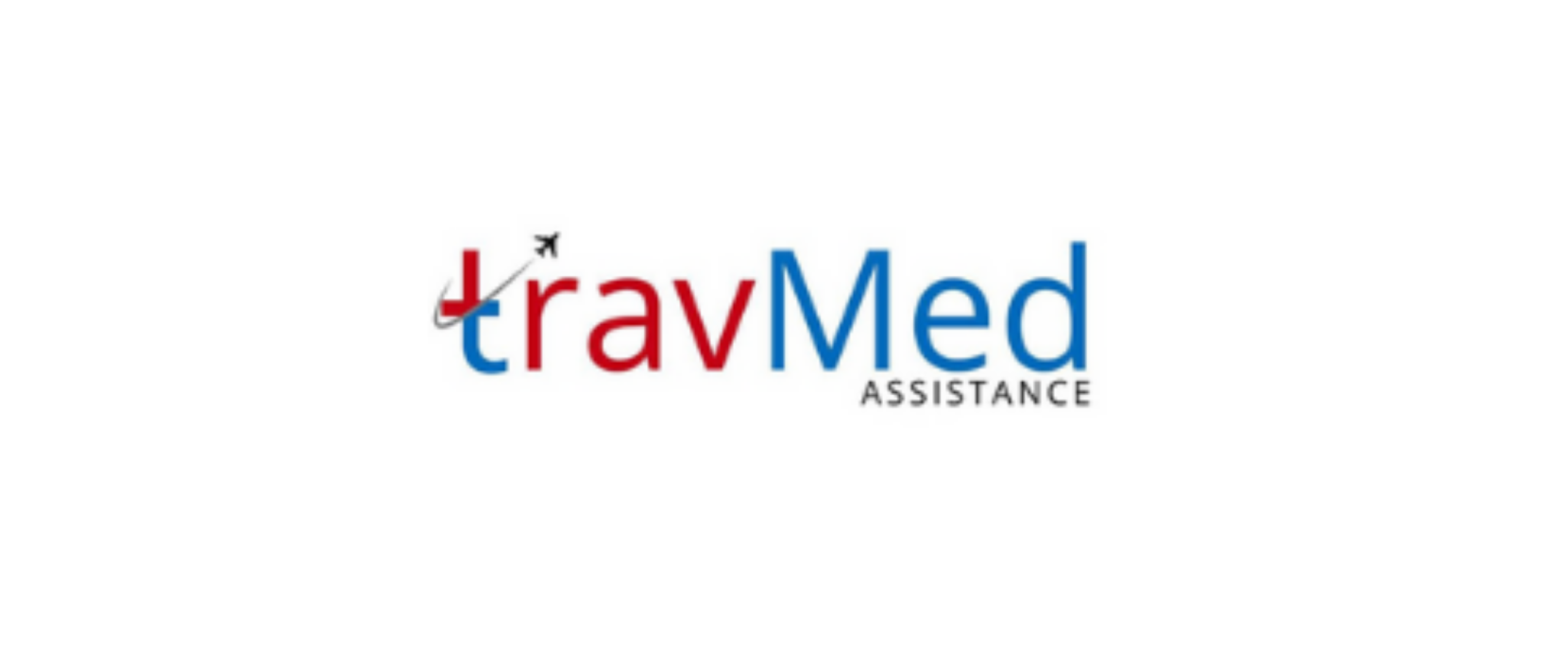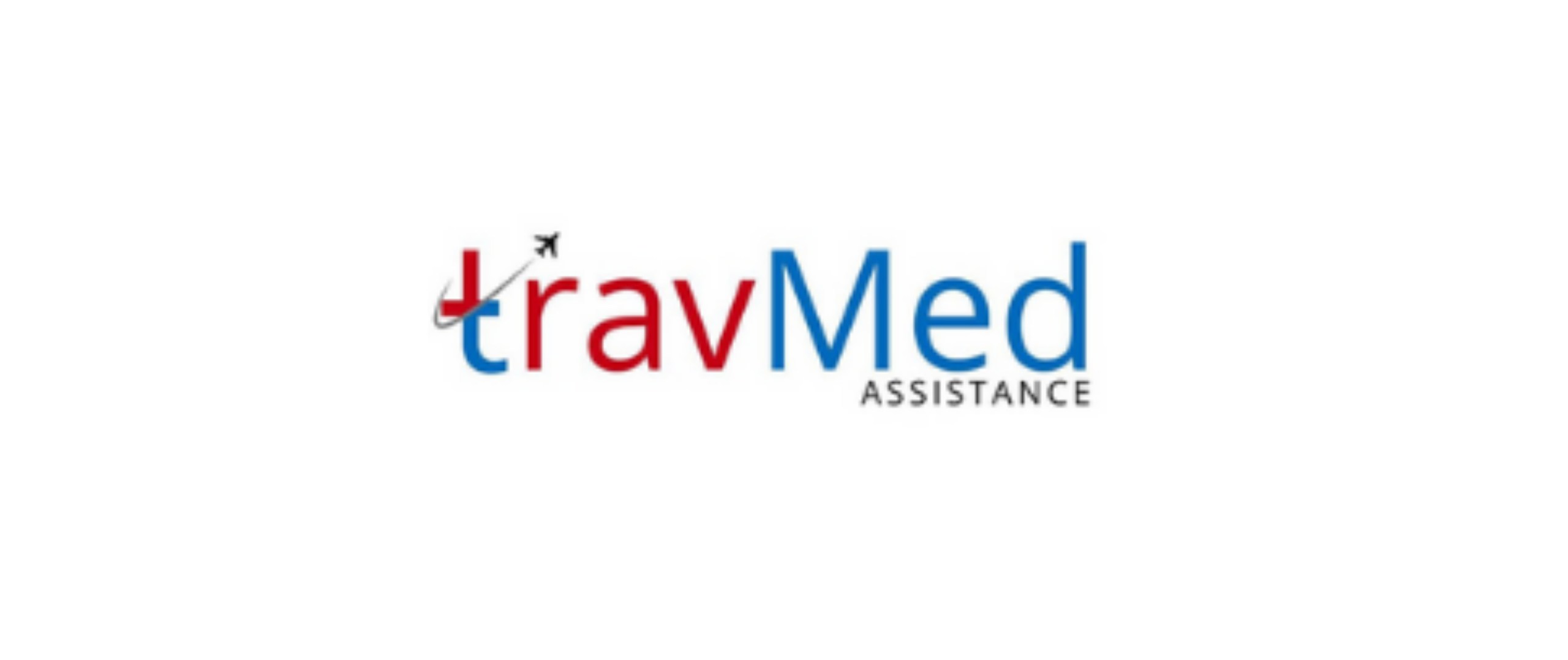
A medical team for foreigners in Nepal consists of healthcare professionals specifically assembled to provide comprehensive medical care to international visitors, expatriates, and tourists in the country. These teams typically include doctors, nurses, specialists, and support staff who are experienced in treating patients from diverse cultural backgrounds and medical histories. Medical teams for foreigners are equipped to handle a wide range of health issues, from routine check-ups to complex medical emergencies. They offer personalized care tailored to the unique needs of foreign patients, taking into account language barriers, cultural sensitivities, and international health insurance requirements. These teams often collaborate with local hospitals, clinics, and healthcare facilities to ensure seamless medical services for foreigners throughout their stay in Nepal.
Who provides medical teams for foreign patients?
In Nepal, several organizations and institutions provide medical teams for foreign patients. These include:
- International hospitals and clinics
- Travel insurance companies
- Medical assistance firms
- Embassies and consulates
- Private healthcare providers
- Specialized medical tourism agencies
- Non-governmental organizations (NGOs)
- Government health departments
These providers often collaborate to offer comprehensive medical services to foreigners. International hospitals like CIWEC Hospital and Grande International Hospital have dedicated teams for foreign patients. Travel insurance companies such as World Nomads and Allianz partner with local healthcare providers to form medical teams. Medical assistance firms like International SOS and Travmed Assistance specialize in coordinating medical care for foreigners. Embassies and consulates maintain lists of recommended medical professionals and can help arrange teams for their citizens. Private healthcare providers and specialized medical tourism agencies also offer tailored medical team services for foreign patients in Nepal.
How does the medical team process work?
The medical team process for foreigners in Nepal typically follows these steps:
- Initial contact: The patient or their representative contacts a medical team provider.
- Assessment: The provider evaluates the patient’s medical needs and condition.
- Team assembly: A suitable medical team is formed based on the patient’s requirements.
- Logistics coordination: The provider arranges necessary facilities, equipment, and transportation.
- Patient briefing: The team communicates with the patient about the treatment plan and procedures.
- Medical care delivery: The team provides the required medical services.
- Monitoring and follow-up: The team continuously assesses the patient’s progress and adjusts treatment as needed.
- Discharge and aftercare: The team prepares the patient for discharge and provides follow-up instructions.
- Documentation: Detailed medical reports and records are prepared for the patient.
- Feedback and evaluation: The provider collects feedback to improve future services.
This process ensures that foreign patients receive comprehensive, coordinated, and culturally sensitive medical care throughout their treatment in Nepal.
What documents are required for medical teams?
Foreign patients seeking medical team services in Nepal need to provide several documents to ensure smooth and efficient care. These typically include:
- Valid passport
- Visa or entry permit
- Travel insurance policy details
- Medical history records
- Current medication list
- Recent medical test results
- Allergy information
- Emergency contact details
- Consent forms for medical procedures
- Power of attorney (if applicable)
- Vaccination records
- Previous hospitalization records
- Physician referral letters (if available)
- Proof of payment or financial guarantee
Patients should also carry copies of these documents and keep digital backups. Medical team providers may require additional documentation depending on the specific medical condition and treatment plan. It’s advisable to contact the medical team provider in advance to confirm the exact document requirements for your particular case.
How much does a medical team cost?
The cost of a medical team for foreigners in Nepal varies widely depending on several factors:
- Complexity of the medical condition
- Duration of treatment
- Number and specialization of team members
- Location of treatment (urban vs. rural areas)
- Type of medical facility (public vs. private)
- Required medical equipment and supplies
- Additional services (e.g., translation, transportation)
- Patient’s insurance coverage
On average, basic medical team services may start from $500 to $1,000 per day, while more complex cases involving specialized care can cost $2,000 to $5,000 or more per day. Emergency medical evacuations, if required, can significantly increase costs, potentially reaching $50,000 or more depending on the destination and patient’s condition. It’s essential to check with specific providers for accurate cost estimates and to verify insurance coverage before arranging medical team services in Nepal. Some providers offer package deals for common treatments, which can help manage costs more effectively.
How long does it take to arrange a medical team?
The time required to arrange a medical team for foreigners in Nepal depends on various factors:
- Urgency of the medical condition
- Availability of specialized medical professionals
- Location of the patient within Nepal
- Complexity of the required medical services
- Time needed for document processing and verification
- Coordination with insurance providers or embassies
For non-emergency situations, arranging a medical team typically takes 24 to 72 hours. In urgent cases, providers can often assemble teams within a few hours. However, for highly specialized care or in remote areas, it may take up to a week to arrange a comprehensive medical team. Patients with pre-existing conditions or those planning medical procedures in advance can often arrange teams several weeks or months ahead of their visit to Nepal. It’s advisable to contact medical team providers as early as possible to ensure timely and efficient arrangement of services.
Are services available nationwide in Nepal?
Medical team services for foreigners are available nationwide in Nepal, but the level and range of services can vary significantly depending on the location:
- Major cities (Kathmandu, Pokhara, Chitwan): Offer the most comprehensive medical team services with access to specialized care and advanced medical facilities.
- Regional centers (Biratnagar, Nepalgunj, Dharan): Provide good quality medical team services with some specialized care options.
- Rural areas and remote regions: Basic medical team services are available, but may require patient transfer to larger cities for complex cases.
- Trekking regions (Everest, Annapurna): Limited medical team services focused on altitude-related illnesses and emergency care.
- Terai region: Adequate medical team services in major towns, with some limitations in rural areas.
While nationwide coverage exists, the quality and availability of medical team services can differ. Patients in remote areas may need to be transported to urban centers for comprehensive care. Some providers offer air ambulance services to facilitate quick transfers from remote locations to better-equipped facilities in major cities.
How reliable are medical team providers?
The reliability of medical team providers for foreigners in Nepal varies, but several factors contribute to overall trustworthiness:
- Accreditation: Reputable providers are often accredited by international organizations like Joint Commission International (JCI) or ISO.
- Experience: Established providers with a long history of serving foreign patients tend to be more reliable.
- Partnerships: Providers collaborating with international hospitals or insurance companies often maintain high standards.
- Staff qualifications: Teams composed of internationally trained or certified medical professionals are generally more reliable.
- Patient feedback: Reviews and testimonials from previous patients can indicate a provider’s reliability.
- Transparency: Reliable providers offer clear information about their services, costs, and procedures.
- Emergency response: The ability to quickly mobilize teams for emergencies is a sign of reliability.
- Follow-up care: Providers offering comprehensive follow-up services demonstrate commitment to patient care.
While many medical team providers in Nepal are reliable, it’s advisable to research and compare options. Consulting with your embassy, insurance company, or trusted healthcare professionals can help identify reliable providers. It’s also recommended to have a backup plan or alternative provider in case of unforeseen circumstances.
Can medical teams be arranged for emergencies?
Yes, medical teams can be arranged for emergencies in Nepal. Many providers offer 24/7 emergency services for foreign patients. The process typically involves:
- Immediate contact: Patient or representative calls the emergency hotline.
- Rapid assessment: Medical professionals evaluate the situation remotely.
- Team mobilization: Appropriate medical team is quickly assembled.
- Transportation arrangement: Ambulance or air evacuation is organized if needed.
- Hospital coordination: Nearest suitable medical facility is alerted and prepared.
- On-site care: Medical team provides immediate treatment upon arrival.
- Stabilization: Patient is stabilized for further treatment or evacuation.
- Communication: Regular updates are provided to family or embassy.
- Follow-up care: Ongoing treatment and monitoring are arranged as needed.
- Documentation: Detailed emergency care reports are prepared.
Emergency medical teams often include trauma specialists, emergency physicians, and critical care nurses. Response times can vary depending on the patient’s location, but providers strive to mobilize teams as quickly as possible. In remote areas, helicopter evacuations may be necessary. It’s advisable for foreigners to have emergency contact numbers readily available and to familiarize themselves with local emergency procedures upon arrival in Nepal.
How do I contact a medical team in Nepal?
Contacting a medical team in Nepal can be done through various channels:
- Emergency hotlines: Many providers offer 24/7 emergency numbers.
- Hospital contact centers: Major hospitals have dedicated foreign patient services.
- Online platforms: Websites and apps of medical service providers.
- Travel insurance helplines: Insurance companies often have direct lines to medical teams.
- Embassy assistance: Embassies can help connect you with medical teams.
- Hotel concierge services: Many hotels have partnerships with medical providers.
- Local emergency numbers: 102 for ambulance, 100 for police who can assist in emergencies.
- Telemedicine platforms: Some providers offer virtual consultations before arranging teams.
- Medical assistance companies: Firms specializing in expatriate health services.
- Tourist information centers: Can provide contact information for medical services.
It’s recommended to save relevant contact numbers in your phone and carry a physical copy as well. When contacting a medical team, be prepared to provide your location, a brief description of your medical issue, and any relevant medical history. Having your passport and insurance information readily available can also expedite the process.
Are services available 24/7 in Nepal?
Yes, medical team services for foreigners are available 24/7 in Nepal, especially in major cities and tourist areas. This round-the-clock availability includes:
- Emergency response teams
- Hospital emergency departments
- Ambulance services
- Telemedicine consultations
- Medical helplines
- Pharmacy services in select locations
- Air ambulance services for critical cases
- Hotel doctor services in some tourist areas
- Travel insurance assistance hotlines
- Embassy emergency contact lines
While 24/7 services are widely available, the range and quality of services may vary during night hours or in remote locations. In major cities like Kathmandu and Pokhara, comprehensive 24/7 medical services are readily accessible. However, in rural or mountainous regions, immediate response times may be longer, and services might be more limited during off-hours. It’s advisable for foreigners to familiarize themselves with the nearest 24/7 medical facilities and to keep emergency contact numbers handy at all times. Some providers also offer pre-registration services, allowing faster access to care in case of emergencies.
Are translators available for foreign patients?
Yes, translators are available for foreign patients seeking medical care in Nepal. Many medical team providers recognize the importance of clear communication in healthcare and offer translation services. These services typically include:
- On-site medical interpreters
- Telephone interpretation services
- Translation of medical documents
- Multilingual medical staff
- Sign language interpreters
- Cultural liaison officers
- Translation apps and devices
- Pre-translated medical questionnaires
- Interpretation for telemedicine consultations
- Embassy-provided translators for their citizens
Common languages for translation include English, Chinese, Japanese, Korean, French, German, and Spanish. However, availability may vary depending on the location and specific language required. It’s advisable to inform the medical team provider in advance about any language assistance needs. Some hospitals and clinics have staff members who speak multiple languages, which can facilitate direct communication. In emergency situations where immediate translation is not available, medical teams often use visual aids, gestures, and simplified language to communicate essential information. Patients are encouraged to bring their own translator or use translation apps as a backup if possible.


